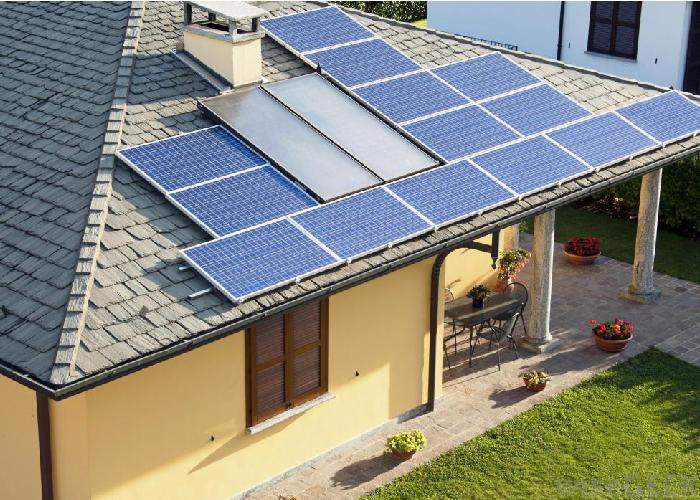A lot has been said and written about the Real Estate (Regulation and Development) Act 2016. At its core is to bring accountability and transparency in the real estate sector, which it intends to do with the formation of new regulation both at the buyers and builders end.
As for 1 Nov 2016, rules are only notified by Ministry of Housing and Urban Poverty Alleviation that will be applicable on five union territories – Daman & Diu, Andaman and Nicobar, Chandigarh, Dadra & Nagar Haveli and Lakshadweep. Other states like Karnataka, Rajasthan, and Maharashtra are still under process to either notifying or rule formation.
According to the act, regulatory authorities have to be put in place by respective state governments by 30th April 2017, i.e. a day before the act is scheduled to come into effect. Below are mentioned, HUPA rules that will now serve as guidelines for state governments.
So, if you are a homebuyer, here’s what the act has in stock for you –
1. Buyers can demand compensation or refund at an interest rate of SBI’s MCLR (marginal cost of lending rate) plus 2%.
2. Within 45 days of the claim raised by the buyer, builder would have to repay the amount
3. Builders can withdraw the amount from the special account in proportion to the completion of the project.
4. Under RERA, builder would have to maintain full transparency regarding the company and its projects
5. Disposal of complaint within 60 days of filling
6. No discrimination about sale of property
If you are a builder, here are some points for you to note –
1. Fee for project registration reduced to half
2. Compulsory to register the property with authorities
3. Builder will now have to specify completion date at the time of registration
4. Declare information about open and closed parking areas
5. Insurance of the project now mandatory
6. Declare the size of the project in terms of carpet area
7. Regular updating of the site regarding project status
8. As relief, builders are now not required to disclose their income-tax returns
9. Within three months of applying for project registration, a separate bank account has to be opened for depositing 70% of the amount collected and unused ensuring completion of the project.


















